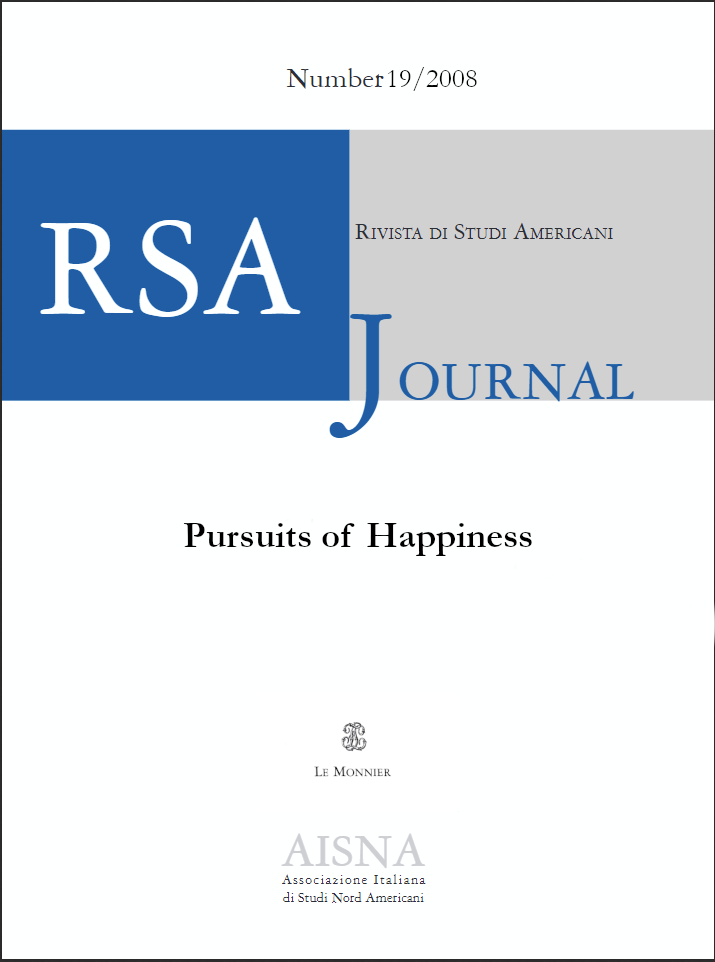"Chief Seattle" versus Sherman Alexie
How Useful is Ecocriticism When We Read American Indian Literature?
DOI:
https://doi.org/10.13135/1592-4467/8776Keywords:
ecocriticism, American Indian literature, ecological IndianAbstract
By juxtaposing the legendary figure of Chief Seattle to Sherman Alexie’s scathing remarks on the myth of the “ecological Indian,” the essay explores different ways of thinking about the relationship between Indians and the environment. The underlying argument is that there is no conclusive, stable, unalterable “Indian” perspective on the vexed question of how to best make use of reservations’ lands and natural resources. American Indian literature may be an important inspirational force in struggles to preserve the environment both on and off the reservation, but the question of what may be the distinctive contribution of an ecocritical American Indian literature to the functioning of native sovereignty remains unsettled
Downloads
Published
Issue
Section
License
RSAJournal will apply a CC BY 4.0 license to all its contributions starting with issue 37 (2026). Previous issues are licensed under a CC BY-NC-ND licence.





